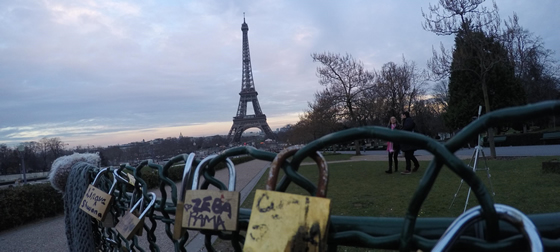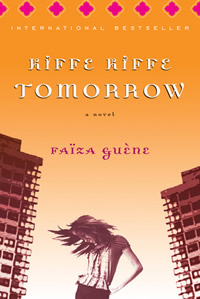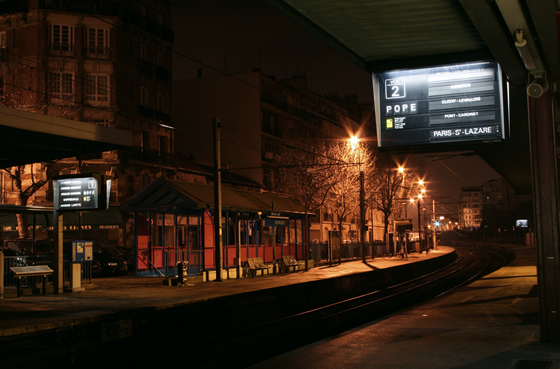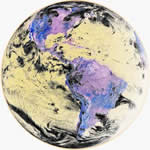The Intelligent Revolutionary:
Kiffe Kiffe Tomorrow by Faiza Guene
By Brook Bhagat


Literature, by definition, has some wisdom, some meaning beneath the surface; we call it literature and put in on a different shelf because it contains a secret, a way to live as a better or happier human being. One example of such literature is Kiffe Kiffe Tomorrow, by Faiza Guene.
Kiffe Kiffe Tomorrow, translated from the original French by Sarah Adams, is a coming-of-age story written in the wickedly funny and toughly tender voice of Doria, a Moroccan immigrant living in a crumbling housing project in the slums of Paris. Her father, who she refers to as “The Beard,” abandoned her and her mother, returning to Morocco in hopes of having a male child with someone else. Doria is wry and smart and cynical, and it’s hard at first not to compare her to Catcher in the Rye’s Holden Caulfield. Once I fell in step with her sometimes sad, sometimes beautiful and sometimes hilarious view of the world and flights of fancy, though, it was clear that her voice was all her own, fresh and original with plenty to say.
One characteristic of literature is that it addresses issues inherent to the human condition, and offers suggestions about how they might be handled. When we read about how a character gains wisdom or joy, a window opens inside us, an idea about how we might do the same. Something inside us tells us to remember it, to file in in our memory and save it for future use. Doria struggles to find hope in a world of disappointment, and to take responsibility for her own destiny and her own happiness. Her path to this wisdom is immensely important to me because I am also a human being, and I know how it feels to wonder if anything I do matters, to get hurt badly and want to give up and not try anymore. We all do.
I loved Kiffe Kiffe Tomorrow because, in the midst of very real problems and barriers, Doria asks the same questions we all do: How long do I hold out hope? When do I get used to being disappointed, and stop trying? Am I lovable? How much of my life is in my hands? How do I find the courage to speak my mind? For me, the weaving of social commentary in with the bittersweet, universal story of a 15-year-old girl getting her first period and her first kiss was extremely effective.
I also loved Kiffe Kiffe because it was funny. I have noticed how far this goes with me when comes to my relationships—with books, TV shows, or people. Getting a real laugh out of something raises its value in a big way for me. When you laugh with someone, you share an experience of the entire being, not just of the head, and you feel close to that person. I loved Doria partly because we laughed together. It made me care even more about what happened to her in the book, and what is happening to people like her in the real world. It made my ears perk up when I heard about anti-immigrant rallies in Europe on the radio. Kiffe Kiffe Tomorrow humanized the issues of sexism, racism and poverty in a way statistics never could, and reminded me of the power literature can have to change things. And if a misanthropic teenager can find hope in a hostile world, maybe we can too.

Please subscribe to our new article alert and/or RSS feeds.
Did you like the review? Have you read this book? What do you think?
Please leave your comments below:
Advertisement
